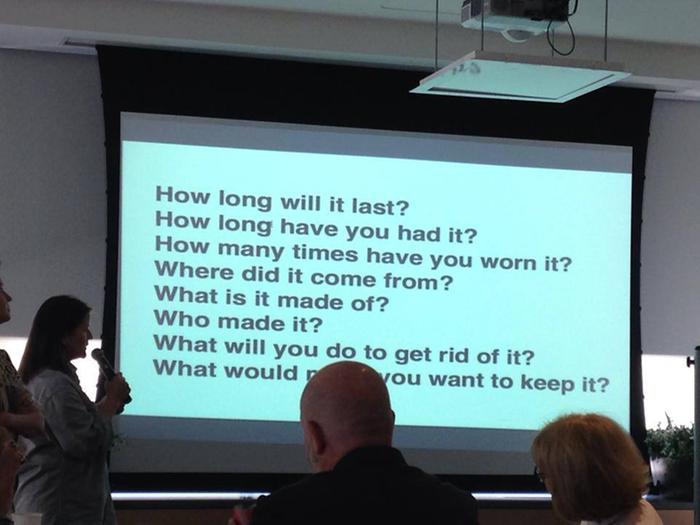Designing for circularity
In order for products to successfully be circulated in either the biological or the technical cycle, it is essential they have been designed with their eventual circulation in mind. [^1]
the first steps in the technical cycle are focused on keeping products whole to retain the maximum possible value. This could include business models based on sharing, so users get access to a product rather than owning it and more people get to use it over time. It could involve reuse through resale. It could mean cycles of maintenance, repair, and refurbishment.
Eventually, when the product can no longer be used, its components can be remanufactured. Parts that cannot be remanufactured can be broken down into their constituent materials and recycled. While recycling is the option of last resort because it means the embedded value in products and components are lost, it is vitally important as the final step that allows materials to stay in the economy and not end up as waste. [^1]
[^1] https://www.ellenmacarthurfoundation.org/circulate-products-and-materials
Life cycle assessment
Before you buy or make something, ask yourself:
- How long will it last?
- Where did it come from?
- What is it made of?
- Who made it?
- How will you take care of it to give it a long life of usefulness?
- How useful will it be to you?
- How often to you foresee using it?
Before you dispose of something, ask yourself:
- Can it be repaired/altered/mended?
- Could this be made into something new? or given a second life?
- How long have you had it?
- How many times have you worn it?
- What would make you want to keep it?
- What will you do to get rid of it? How will you get rid of it? Where will it end up? Keeping in mind there is no “rid off” on this planet for a long time—just a “not in my backyard”

Economics
The earlier term for the discipline was ‘political economy’.Since the late 19th century, it has commonly been called ‘economics’.citation needed, cited to the Ancient Greek οἰκονομικός (oikonomikos), “practiced in the management of a household or family” and therefore “frugal, thrifty”, which in turn comes from οἰκονομία (oikonomia) “household management” which in turn comes from οἶκος (oikos “house”) and νόμος (nomos, “custom” or “law”). ^[Wikipedia > economics]
Economy - oikonomia - “household management” (oikos = house, nomos = “custom” or “law”)